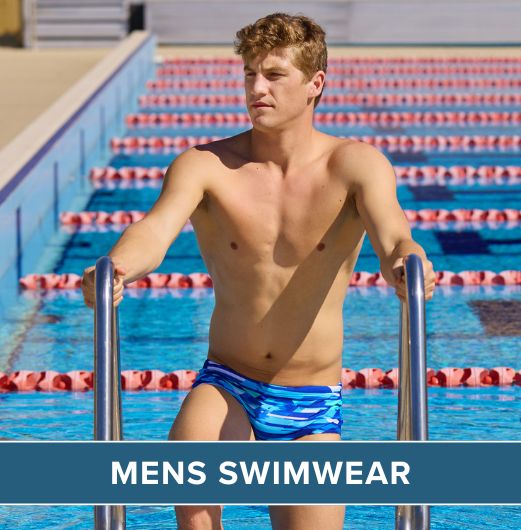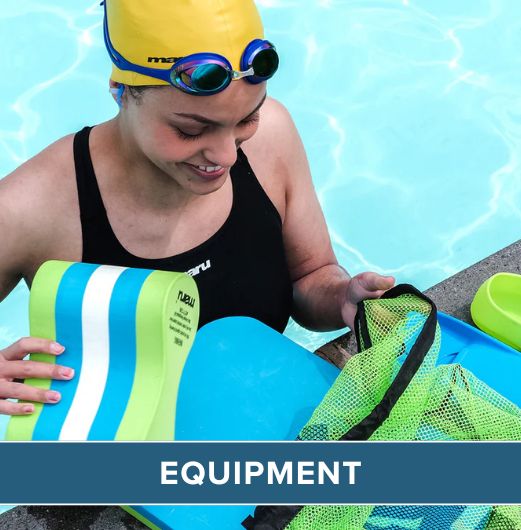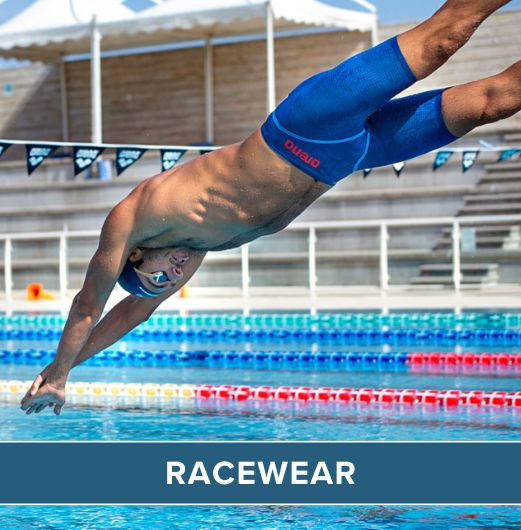Whilst visiting my daughter in Cornwall recently I got to witness 2 mature ladies having a swim in the beautiful clear sea at Falmouth’s gyllyngvase beach; which all sounds very lovely, except it was the middle of January on a cold winter’s day! Sitting in the warm beach cafe eating my cooked breakfast, the sight of various people braving the 8° water in just their swimsuits was fascinating and as somebody who loves the outdoors and likes a physical challenge, I realised I was actually envious of them! Despite the cold weather, they had smiles on their faces and I bet they felt a real sense of achievement when they got out. What makes people want to immerse themselves in unheated open water whatever the weather?

We all know that outdoor exercise can improve anxiety and depression. It is one of the self-help steps in Mind’s “five steps to well-being”. But there are more and more people engaging in open water or wild swimming. I found 100 social wild swim clubs listed on outdoorswimmingsociety.com and they are just the ones that have contacted that website wanting to publicise their group. There are many more out there. So let’s look at what the draw is:
The benefits of open water swimming or wild swimming have been widely documented, with enthusiasts claiming it gives a sense of elation; relaxes and soothes aches and pains; relieves depression and boosts the immune system. The cold water is exhilarating, boosts your mood and leaves you buzzing.
Comments from open water swimmers (quotes taken from mind.org.uk):
“That intensely cold water is exhilarating. My Sunday morning swim gives my mood a huge boost and I leave the sea buzzing – as well as numb. The refreshing sensation lifts any brain fog I might be feeling from a working week and leaves me feeling like new. Both my mind and body seem to glow afterwards, a sensation that stays with me and dramatically boosts my mood for days.”
“The time I spend in the water soothes and calms me. Both listening to the waves lapping on the shoreline, or feeling their gentle movement as a float, enables me to relax fully. Following a frenetic working week, busy with family life and teaching, this reconnection with nature is invaluable.”
The idea that there are physical and psychological benefits of bathing in natural water has been around for centuries – think of our own UK spa towns like Bath, Harrogate and Buxton; Roman and Turkish baths with their hot and cold plunge pools and historical figures like Florence Nightingale and Charles Dickens who both claimed to have been cured by traditional forms of hydrotherapy. Diving into cold water causes blood to be pumped to your extremities and endorphins are released giving you a natural high and a feeling of well-being. It is also claimed that swimming in cold water regularly, causes a process known as cold adaptation to begin, which makes your body more adapted to the cold water making swimming in it feel very pleasant. Testimonies of it improving mood, libido and the immune system are numerous. Add to that the pleasure of being in natural surroundings like seas, lakes, rivers and waterfalls and you can understand why it is claimed that it is a stress-buster and an oasis from our modern digital age. (Info taken from wildswimming.co.uk)

The first study to examine the effectiveness of cold water swimming in the fight against depression was led by television doctor Chris van Tulleken, of University College London, and Professor Mike Tipton and Dr Heather Massey, two University of Portsmouth scientists. They followed a case study of Sarah, a 24-year-old woman with major depressive disorder and anxiety who had been on medication since she was 17. Sarah took up weekly swimming in open, cold water. Her depression and anxiety eased and over time she was able to stop taking medication entirely. Two years on she is still drug free. Dr Van Tulleke told Sarah's story in his 2016 TV series The Doctor Who Gave Up Drugs. (Info taken from mind.org.uk).
Have I convinced you to try it for yourself? Here are some tips to get you started:
Tips
- Look up where there are safe places to swim (I have listed some websites at the end of this blog). Never swim in canals, urban rivers, stagnant lakes or reedy shallows.
- You are responsible for your own safety, therefore ideally don’t swim alone – either join an open water or wild swimming club, or make sure you have a swimming buddy.
- Make sure you are nice and warm before you enter the water. Wear lots of warm clothes and warm up before you get in the water and again when you get out.
- Know before you swim where you will enter and leave the water.
- If it’s really cold water, don’t stay in too long – 20 minutes is a good amount of time before you will start to shiver.
- Wear a bright coloured swim cap if you are swimming where there are boats in the water, so that you are visible.
Enjoy!
https://www.outdoorswimmingsociety.com/
https://www.swimming.org/openwater/open-water-swimming-venues/
 Free Tracked UK Delivery
Free Tracked UK Delivery Hassle Free Returns
Hassle Free Returns Next Working Day OPTION
Next Working Day OPTION Found It Cheaper?
Found It Cheaper?














